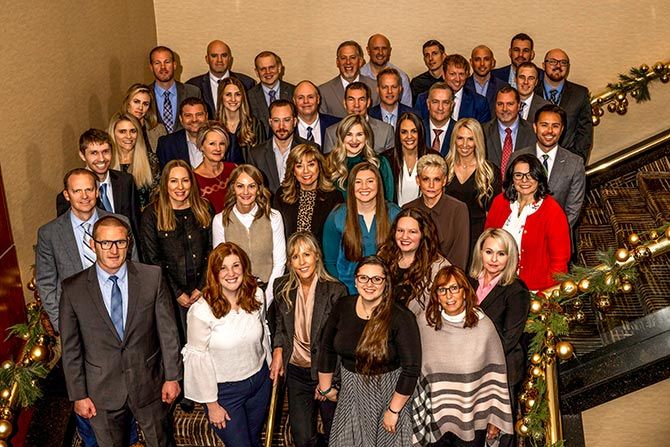Over the last four years, the banking industry has battled an onslaught of new rules and regulatory changes that have threatened to fundamentally alter how financial institutions in this country operate.
Regulators have taken a de facto “one-size-fits-all” approach to rulemaking — ignoring the diversity of bank sizes, charters and business models within the banking sector, as well as the undeniable trickle-down effects of regulations that are, on paper, only targeted toward larger institutions. For whatever reason, they have also chosen to pursue rulemakings more tied to the past than the present. It’s time to stop fighting the last war and stay focused on the present and the future.
ABA and the state associations have stepped up on behalf of our members, challenging misguided final rules in court wherever warranted and pushing back with facts and data to stop faulty assumptions from underpinning major regulatory changes and bogus claims about our industry from spreading. We’ve had some notable successes over the last four years, but it hasn’t been easy.
As we welcome 2025, a new presidential administration and a new Congress, it’s time to reset the conversation around banking regulation.
That effort began right after the election during the transition, as ABA worked to communicate our priorities to the incoming Trump administration. With leadership changeovers anticipated at the regulatory agencies following the inauguration — including at the FDIC, OCC and CFPB — we expect to have the opportunity to share our perspective with the new players and help refocus the conversation around rightsizing the supervision and regulation of the banking sector.
But while we can expect some of the new regulators to pause some proposed rulemakings altogether, and Congress could use the Congressional Review Act to undo some of the most recent regulatory proposals, it’s important to remember that the new administration and new Congress will not wield a magic wand.
Undoing policy changes in a durable way can take just as long as putting new regulations into place since the Administrative Procedure Act and its notice and comment procedures apply. As we have noted in our many active lawsuits, regulators have frequently flouted the APA in recent years, and partisan agendas have too often driven a rulemaking process that is supposed to be even-handed and fact-based.
We have the opportunity now to get it right — by following a transparent process and by working constructively to engage policymakers of both parties in crafting common sense regulations that ensure our banking sector remains safe, sound and well-capitalized. That’s how we bring about meaningful, long-lasting change.
At ABA, we are ready to roll up our sleeves and get to work together with our state alliance partners — and we need your help.
We need every banker in this country to stay engaged on the issues that matter. Reach out to your members of Congress, particularly in states where freshman lawmakers are taking office. Get to know your representatives, invite them to your bank and introduce them to your customers and your employees. Help them to understand not just the important work banks do each day but the ripple effect that the provision of credit can have in our cities, towns and neighborhoods.
Finally, I invite every banker in this country to join us in Washington, D.C., April 7-9 for the 2025 ABA Washington Summit. This year’s annual gathering of bank leaders will be critically important in making sure we have a policy environment that will unleash economic growth and allow banks to serve their customers and communities. We need all of you there to make sure our industry’s voice is heard loud and clear.
Email Rob at nichols@aba.com.









